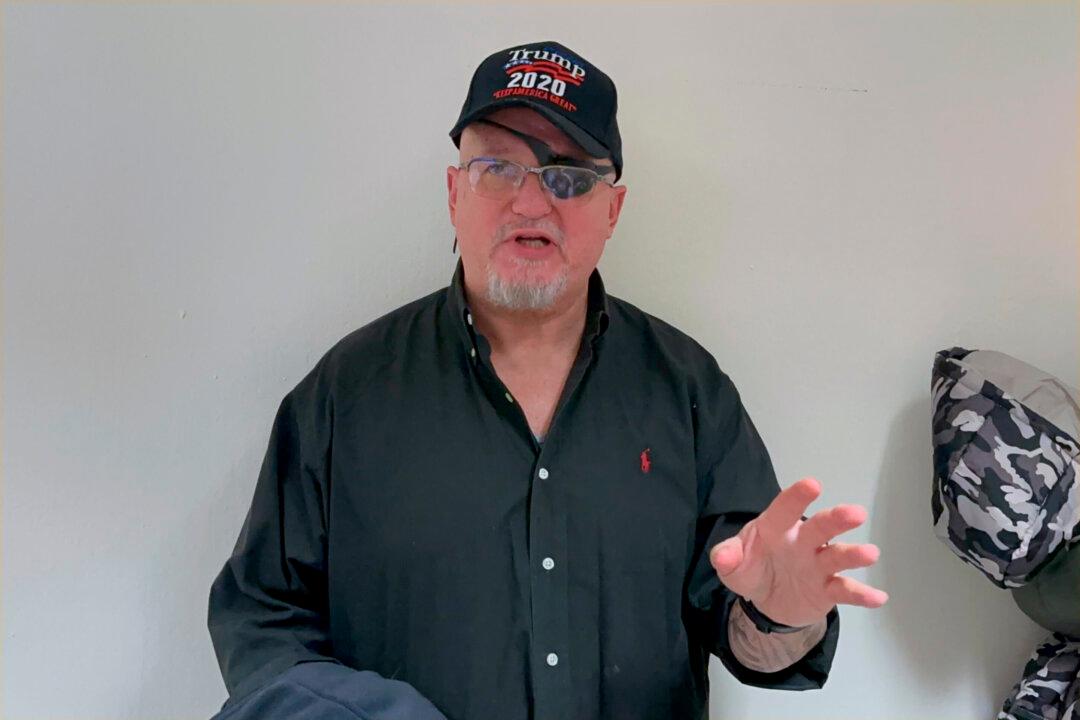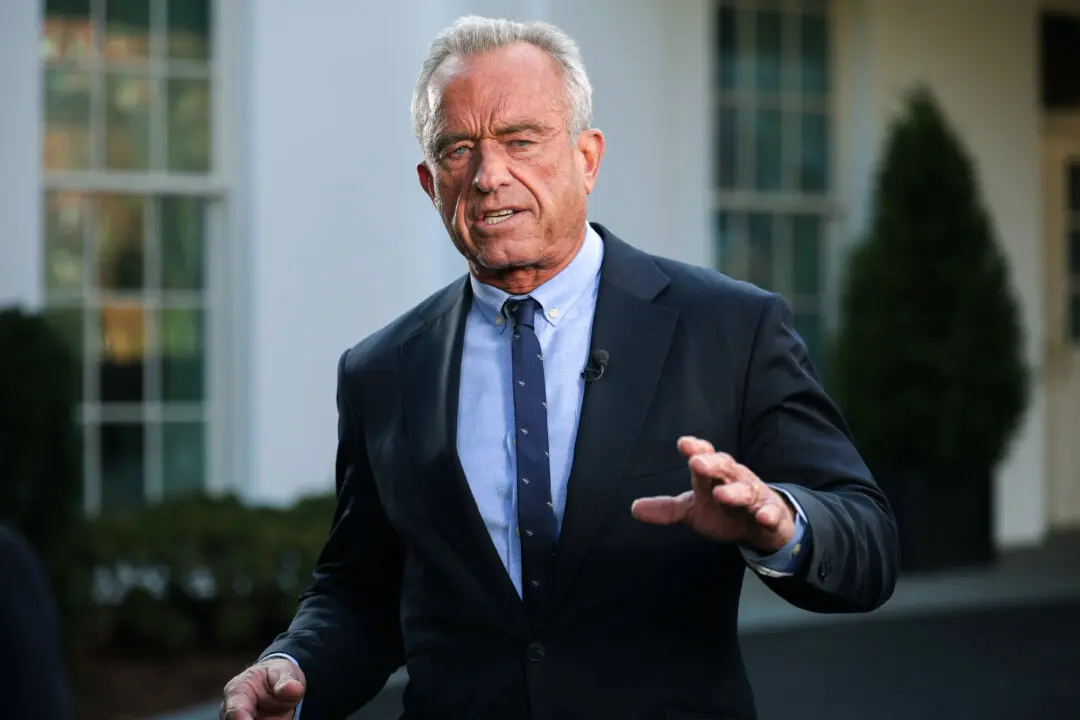A federal judge on Jan. 24 barred Oath Keepers founder Stewart Rhodes and seven others from entering Washington without the court’s approval, just days after Rhodes visited Capitol Hill.
U.S. District Judge Amit Mehta in a one-page order amended the conditions of supervised release for eight members of the Oath Keepers who were convicted of crimes related to the Jan. 6, 2021, breach of the U.S. Capitol.





